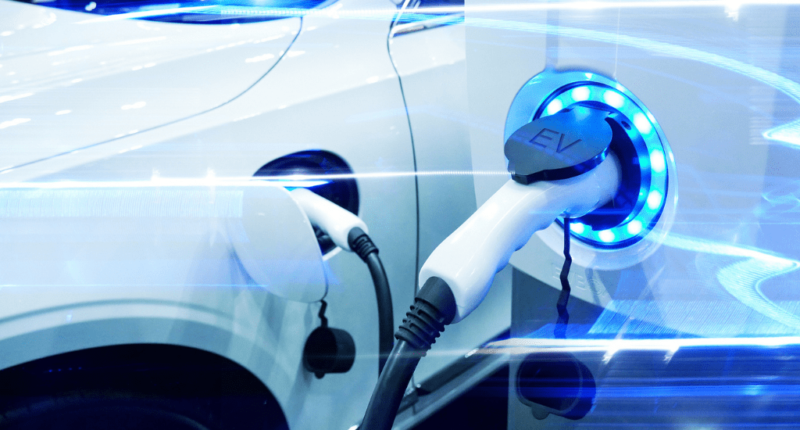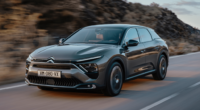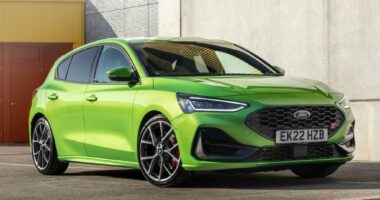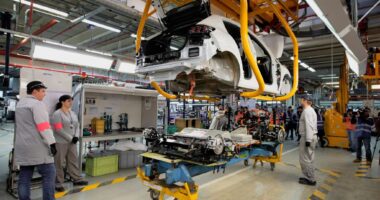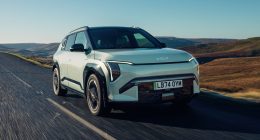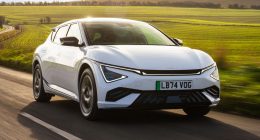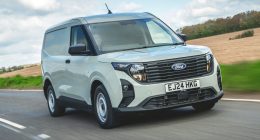More and more motorists across Northern Ireland are turning to Ultra Low Emission Vehicle (ULEV) ownership, new research has shown.
The number of ULEVs taking to the roads across Northern Ireland’s 11 council areas has risen sharply over the past three years, according to data from CompareNI.com.
In the three months between July and September of last year alone, ULEV registrations soared by 82.9% – an increase from 4,186 vehicles to 7,645 compared to the same period in 2020. ULEV numbers also rose by 42% in the same 12-week period between 2019 and 2020.
Lisburn and Castlereagh recorded a 102% increase between the third quarter of 2020 and 2021, closely followed by Fermanagh and Omagh (90%), Belfast (87%) and Causeway Coast and Glens (79%).
ULEV is the term used to describe a vehicle that uses low carbon technologies or emits less than 75g of CO2/km from its exhaust. These range from plug-in hybrid vehicles to pure electric cars such as the Nissan Leaf, the Ford Mustang Mach-E and Jaguar I-Pace.
The Founder of CompareNI.com said the figures suggested the UK government’s desire to wean people off pure petrol- and diesel-powered cars is starting to take effect.
Greg Wilson also suggested the new working from home arrangement has potentially made the idea of electric vehicle ownership “more feasible” for a greater number of households.
Despite the new car market going through a turbulent time in 2021 due to COVID restrictions and the semi-conductor chip shortage, experts predict the growing popularity of Ultra Low Emission Vehicles to continue even though customers may have long lead-in times before securing the keys to their new purchase.
“The fall in new car registrations is likely linked to the pandemic and the logistical struggles many manufacturers are having with securing essential parts – increasing demand for quality second hand vehicles,” said Wilson.
“Given these findings, we would expect a real appetite for electric and hybrid vehicles once covid related logistics are ironed out.”
But he warned: “The government needs to speed up its investment in the infrastructure to match this pace so that public vehicle charging becomes a reality. With the rising cost of electricity putting pressure on homeowners, this needs to be a priority.”
